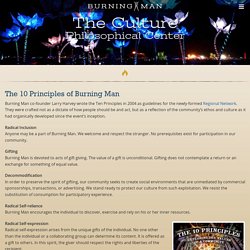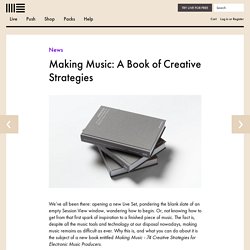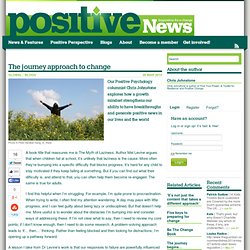

Introducing: The Avalanche Learn Pathway. The Looming Energy Shock. Oppia - Home. Music programs. A Retromatic History of Music (or Love) Visualization. Explain Everything. Open. The 10 Principles of Burning Man. Burning Man co-founder Larry Harvey wrote the Ten Principles in 2004 as guidelines for the newly-formed Regional Network.

They were crafted not as a dictate of how people should be and act, but as a reflection of the community’s ethos and culture as it had organically developed since the event’s inception. Radical Inclusion Anyone may be a part of Burning Man. We welcome and respect the stranger. No prerequisites exist for participation in our community. Gifting Burning Man is devoted to acts of gift giving. Decommodification In order to preserve the spirit of gifting, our community seeks to create social environments that are unmediated by commercial sponsorships, transactions, or advertising.
Radical Self-reliance Burning Man encourages the individual to discover, exercise and rely on his or her inner resources. Radical Self-expression Radical self-expression arises from the unique gifts of the individual. Communal Effort Our community values creative cooperation and collaboration. Pranav Mistry: The thrilling potential of SixthSense technology. Bret Victor, beast of burden.
Bret Victor - Media for Thinking the Unthinkable. Bret Victor - Inventing on Principle. GoConqr - Changing the way you learn. The blog that builds your audience. Making Music - 74 Creative Strategies for Producers. We’ve all been there: opening a new Live Set, pondering the blank slate of an empty Session View window, wondering how to begin.

Or, not knowing how to get from that first spark of inspiration to a finished piece of music. The fact is, despite all the music tools and technology at our disposal nowadays, making music remains as difficult as ever. Why this is, and what you can do about it is the subject of a new book entitled Making Music - 74 Creative Strategies for Electronic Music Producers. While the author, Dennis DeSantis, is Ableton’s Head of Documentation, the book is not an expanded Live user’s manual. Instead, as the title implies, it’s meant to help you actually make music – with concrete tips for solving musical problems, making progress, and (most importantly) finishing what you start – regardless of the software or hardware you use. King Britt I've always been attracted to the way Cage and Eno use limitations and parameters as a way to push the creative flow.
Kindness. Creativity Innovation Genius. The journey approach to change. A book title that reassures me is The Myth of Laziness.

Author Mel Levine argues that when children fail at school, it’s unlikely that laziness is the cause. More often they’re bumping into a specific difficulty that blocks progress. It’s hard for any child to stay motivated if they keep failing at something. But if you can find out what their difficulty is, and attend to that, you can often help them become re-engaged.
Fixed vs. Growth: The Two Basic Mindsets That Shape Our Lives. “If you imagine less, less will be what you undoubtedly deserve,” Debbie Millman counseled in one of the best commencement speeches ever given, urging: “Do what you love, and don’t stop until you get what you love. Work as hard as you can, imagine immensities…” Far from Pollyanna platitude, this advice actually reflects what modern psychology knows about how belief systems about our own abilities and potential fuel our behavior and predict our success. Much of that understanding stems from the work of Stanford psychologist Carol Dweck, synthesized in her remarkably insightful Mindset: The New Psychology of Success (public library) — an inquiry into the power of our beliefs, both conscious and unconscious, and how changing even the simplest of them can have profound impact on nearly every aspect of our lives.
One of the most basic beliefs we carry about ourselves, Dweck found in her research, has to do with how we view and inhabit what we consider to be our personality. Mind maths: Five laws that rule the brain. Cookies on the New Scientist website close Our website uses cookies, which are small text files that are widely used in order to make websites work more effectively.

To continue using our website and consent to the use of cookies, click away from this box or click 'Close' Find out about our cookies and how to change them Log in Your login is case sensitive I have forgotten my password close. The Epic BYOD Toolchest (51 Tools You Can Use Now) PowerSchool Learning: (Previously Haiku Learning.) This is a full learning management system (LMS) that I’m trying to get our school to adopt. It’s multiplatform and robust, which makes it a great fit for our BYOD environment.
It also works on top of Google Classroom, so I have all those features too, plus my grade book. Google Classroom: Teachers are moving in droves to Google Classroom. While it doesn’t have all the features of a full-scale LMS, teachers are giving students assignments and so much more with this awesome tool. There are many other content-sharing platforms, like Moodle, Canvas, and CourseSites.
Our loss of wisdom - Barry Schwartz. Chamber of Commonwealth.